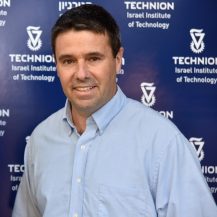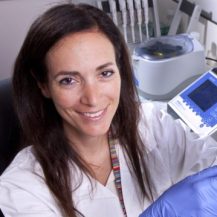News & Events
News

18 September 2025
RTICC & MATRiC Announce Winners of 3D Bioprinting for Cancer Research Funding
By funding these innovative studies, we reaffirm our commitment to providing young scientists and clinicians with the tools to push the boundaries of cancer research.
Congratulations to the RTICC members who received the seed funding to advance cancer research using 3D bioprinting technologies.
The Rappaport Cancer Research Center (RTICC), in collaboration with MATRiC – Applied Medical Technology Research Center at Rambam Health Care Campus, has selected the winners of the '2025 3D Bioprinting for Cancer Research call for proposals'. Each winning project will receive $20,000 in seed funding to explore innovative cancer models using state-of-the-art bioprinting technologies.



The joint RTICC & MATRiC initiative aims to foster groundbreaking cancer research by supporting projects that recreate the complexity of tumors in three dimensions. Unlike traditional in-vitro systems, 3D bioprinting enables the spatial organization of cells, biomolecules, and extracellular components, offering a more accurate reflection of tumor biology. These models are expected to provide new insights into tumor-stroma interactions, immune infiltration, and mechanisms of therapeutic resistance.
This program reflects the vision of RTICC and MATRiC to empower researchers with cutting-edge technologies that bridge basic science and clinical application. By generating reliable 3D bioprinted and “cancer-on-a-chip” models, the funded projects will accelerate drug screening and enable more precise, reproducible, and biologically relevant preclinical research. The ultimate goal is to build a foundation for future competitive external grant funding that can help in shaping the future of cancer therapy.
The selected projects for 2025 are as follows:
Dr. Ofrat Beyar-Katz, Rambam Health Care Campus: “Modeling Immune Effector Cell-Associated Hematotoxicity (ICAHT) Using Bone Marrow-on-a-Chip Technology”.
Prof. Avi Schroeder,Wolfson Faculty of Chemical Engineering:
“3D Bio-printed Bone Lesion Model of Pediatric LCH for Studying Microenvironmental Dynamics and Nanoparticle-Based Therapies”.
Prof. Hadar Zigdon-Giladi, Rambam Health Care Campus: “Fabricating a bio-printed 3D multicellular bone model for osteosarcoma research”.




